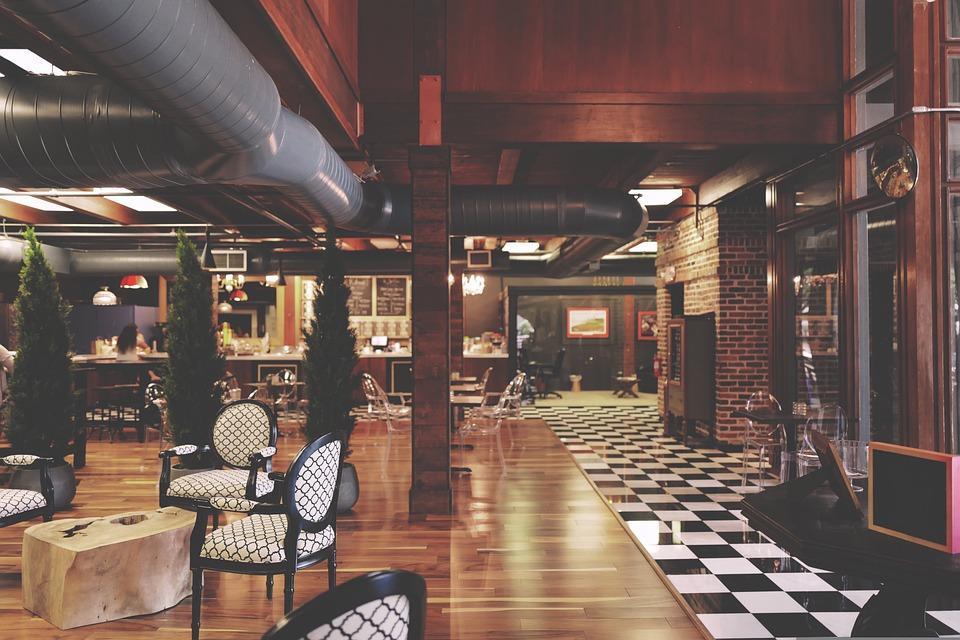As aggregators struggle with driver labor challenges, Uber Eats is approaching the issue by removing drivers entirely.
Uber has launched two robotic delivery pilot tests Monday (May 16), according to a report from TechCrunch: one in partnership with driverless vehicle technology company Motional and one with autonomous sidewalk delivery company Serve Robotics, which spun off from delivery company Postmates (now owned by Uber) in 2017. Both tests are running in Los Angeles.
“We’ll be able to learn from both of those pilots what customers actually want, what merchants actually want and what makes sense for delivery as we start to integrate our platform with AV [autonomous vehicle] companies,” an Uber spokesperson told TechCrunch. “The hope is that they’re successful and that we learn over the coming months, and then figure out how to scale.”
The news comes as restaurants struggle to meet delivery demand, with even many of the top brands coming up against capacity constraints. With driver labor becoming harder to come by, the cost of their labor is on the rise, making the economics of the channel, which never really worked to begin with, even more challenging. Domino’s Pizza, for one, a brand known for its huge delivery business and something of a go-to example of a restaurant that operates its own in-house driver fleet, has been leaving demand for the channel unmet.
On a call with earnings in late April, Russell Weiner, chief operating officer of Domino’s and president of the quick-service restaurant (QSR) brand’s U.S. operations, contended that these issues are “in our and our franchisees’ control,” arguing that, as the impacts of the pandemic and specifically of the omicron outbreak become less relevant, they will become more manageable.
Given this challenging environment, initiatives to reduce the labor cost of delivery by automating the process are more in demand than ever. As sidewalk rovers populate the walkways of Los Angeles, drones are populating the skyways of parts of North Carolina and Texas.
Brinker International, the parent company of Chili’s Grill & Bar and Maggiano’s Little Italy, is partnering with drone delivery company Flytrex to do so in both states. On Thursday (May 12), sandwich chain Jersey Mike’s Subs announced that it was working with the same company to launch backyard deliveries in Holly Springs, North Carolina.
Not only could initiatives to lower the cost of delivery help brands meet existing demand — they could also incentivize more consumers to adopt the channel. Research from PYMNTS’ 2022 Restaurant Friction Index, created in collaboration with Paytronix, which drew from an October census-balanced survey of more than 2,100 consumers, found that, of the 58% of consumers who do not use aggregators, 41% say that it is because they will not pay the delivery or service fee.
Link: https://www.pymnts.com/news/delivery/2022/uber-eats-launches-two-robotic-delivery-pilots-as-restaurant-industry-struggles-to-meet-demand/?utm_source=pocket_mylist
Source: https://www.pymnts.com
